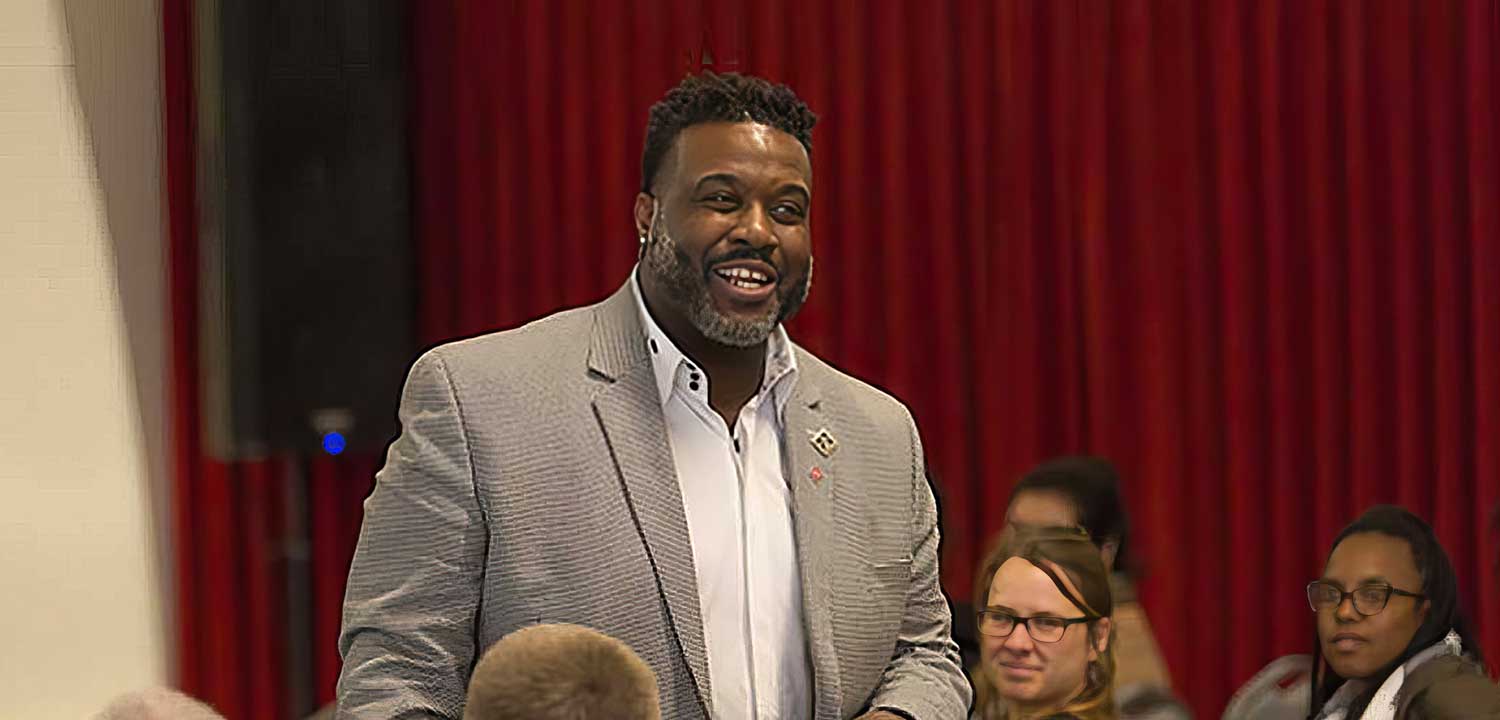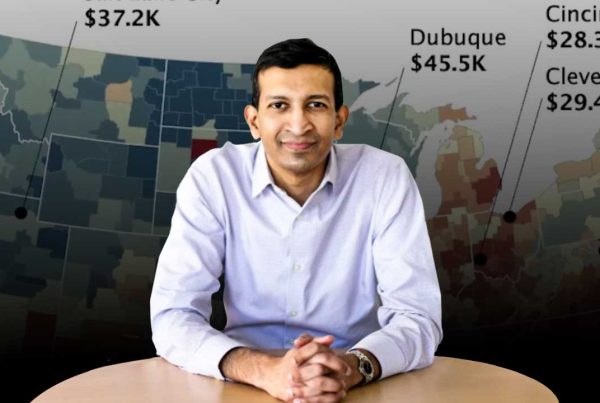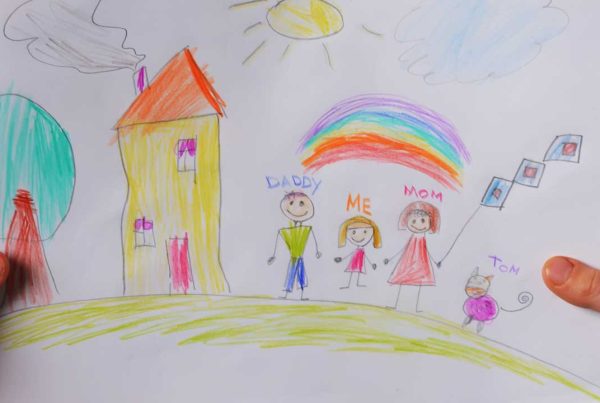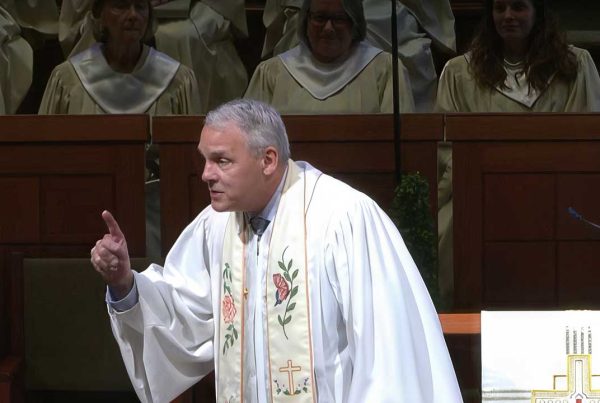Workshop Towards Systemic Change Born Out of Listening Sessions
Area faith leaders feel called to lead their congregations to involvement in social justice and poverty issues, but they sometimes find it difficult to balance that drive with other responsibilities of ministry or feel ill-equipped to drive change.
This was an overarching theme of a November listening session Christian Theological Seminary hosted with a group of area pastors who pointed to racial justice as their congregations’ top social justice concern, followed by food insecurity, mental health justice and access, poverty, and affordable housing.
“If a goal of the Faith & Action Project is to inspire, empower, and activate faith communities to play a meaningful role in ending poverty, we have to understand the current dynamics of congregations and the capacity faith leaders have,” said Lindsey Nell Rabinowitch, Director of the Faith & Action Project. As a first step in seeking understanding, CTS gathered faith leaders who had been previously engaged in Faith & Action events to share about those dynamics and challenges in their congregations. The event was insightful and helped the Faith & Action Project to plan a practical Workshop as part of the upcoming Spring Conference.
In the listening sessions, faith leaders shared that they encourage their congregations to engage in poverty mitigation efforts, and many faith communities pursue initiatives that address tangible needs, but some shared that they often feel hard-pressed to lead on social justice issues due to a lack of time or resources needed to intentionally take action.
When teaching their congregations theologically, the pastors shared they focus on biblical wisdom and literacy first and foremost, but some find that they are spending more time “deconstructing bad theology” than constructing good theology. They’re also ministering to a lot of people who are in the process of deconstructing their faiths, often dealing with past experiences and trauma they associate with organized religion.
That last point is especially true for congregations of color, the faith leaders said. People who have lived through the pain of racism need to be supported and encouraged and urged to not “give up on” white people who perpetuate racism. In this pursuit, pastors said they need to be equipped on how to deescalate tensions and how to help congregations focus on the connections between Jesus and justice in an effort to reach across racial lines. At the same time, they challenge white Christians to relinquish their privilege, abandon their “I’m not a racist” mantras in order to foster conversation, and work together to support true justice and equity.
A repeating motif throughout the session was an appreciation for having such gatherings. The pastors applauded CTS for giving them an opportunity to come together with their counterparts from other faith communities to share ideas, concerns, and best practices. The faith leaders said they find it empowering to engage in diverse conversations, get out of their own “echo chambers,” and meet “doers” who can share stories about what has worked in their congregations.
For these reasons and to respond to the challenges shared, CTS shaped a special Workshop with Rev. Dr. Jamie Washington, President & Co-Founder of the Social Justice Training Institute for individuals wanting to gain practical tools to affect systems change.
This Workshop Will:
- Focus on developing tools and skills for productive, ground-up conversations about poverty and inequality
- Invite participants to go deeper into living into our values to accomplish our goals
- Share best practices on how to keep issues of poverty, equity, and inclusion grounded as matters of human dignity not as political issues
- Share best practices to handle situations when misinformation or incorrect narratives have been shared and tools for de-escalating elevated feelings around social justice
- Provide an opportunity for small group discussions on how our faith and sacred texts guide our actions
We hope you can join us for this special opportunity on April 18th.
The Workshop is presented as part of the 2024 Faith & Action Spring Conference events. For more details on the Workshop, the Spring Conference, and how to register, visit the Faith & Action Spring Conference webpage.






